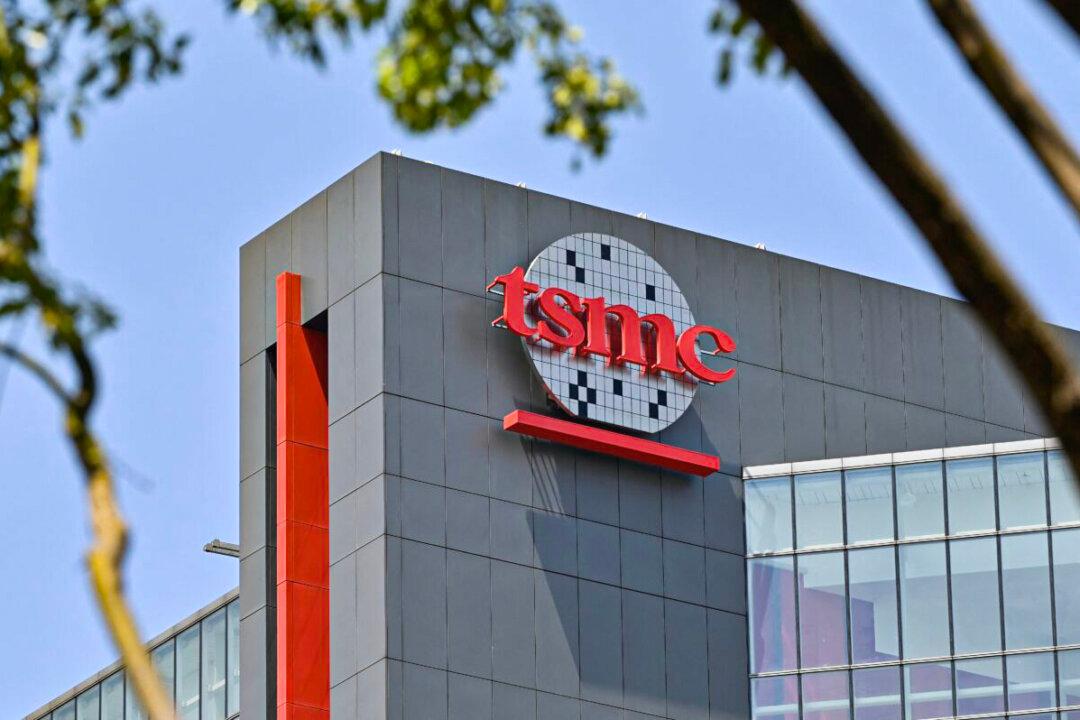TAIPEI—Taiwan’s government proposed on Thursday a new law to prevent China from stealing its chip technology, amid rising concern in Taipei that Beijing is stepping up its economic espionage.
Tech powerhouse Taiwan makes the majority of the world’s most advanced semiconductor chips, used in everything from fighter jets to mobile phones, and the government has long worried about Chinese efforts to copy that success, including through economic espionage, poaching talent, and other methods.





